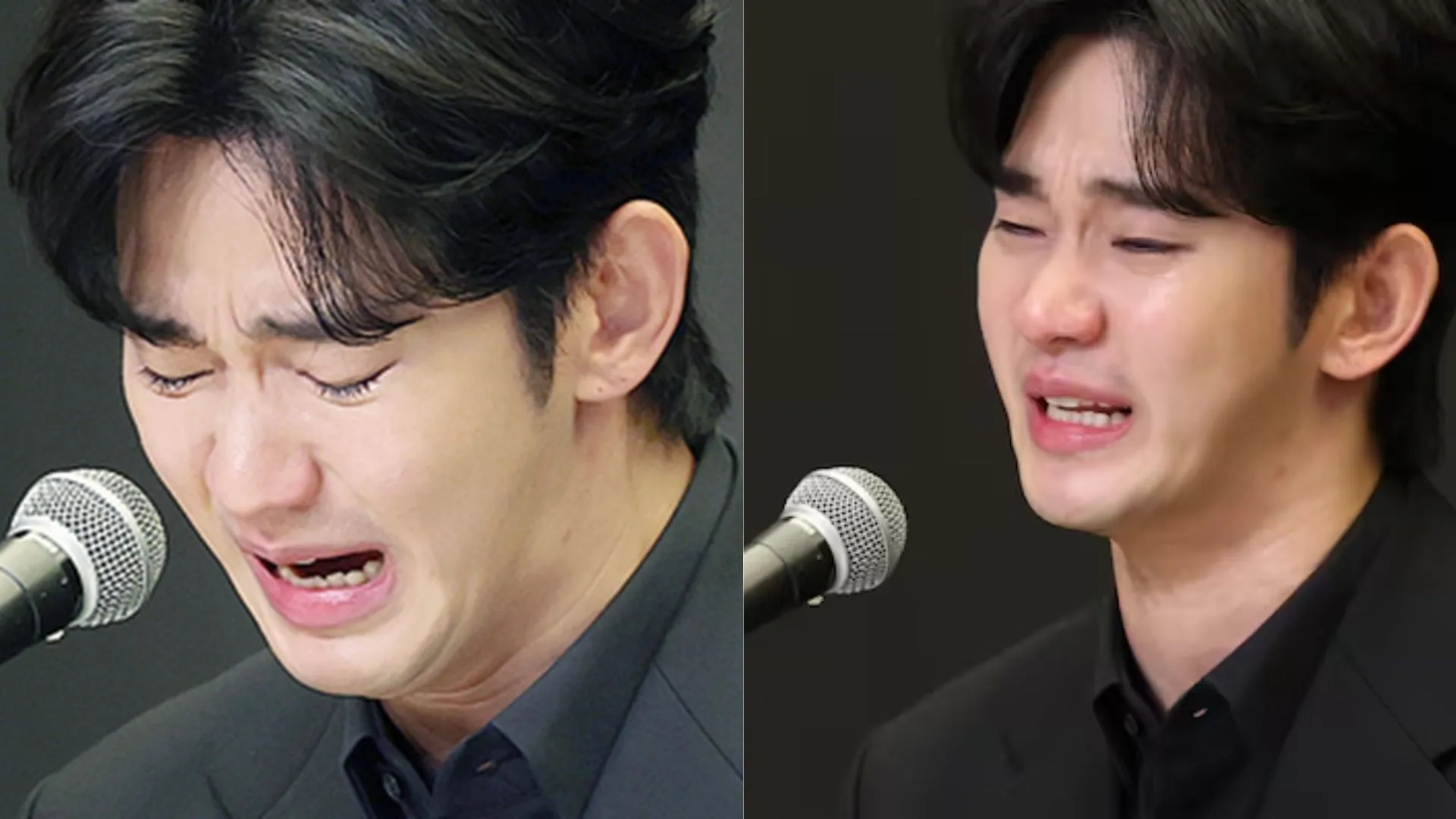German Chancellor Olaf Scholz has acknowledged his party’s heavy loss in the national elections held on Sunday, February 23. The centre-left Social Democratic Party (SPD), led by Scholz, suffered a major setback as it trailed behind the conservative Christian Democratic Union (CDU) and its Bavarian sister party, the Christian Social Union (CSU).
Preliminary results indicate that the CDU/CSU bloc, led by Friedrich Merz, secured 28.8% of the votes, emerging as the dominant force in the election. Meanwhile, the far-right Alternative for Germany (AfD) followed closely with 20.2%, signaling a significant shift in the political landscape. The SPD, which has governed under Scholz since 2021, recorded a disappointing performance, prompting the chancellor to take full responsibility for the outcome.
CHANCELLOR SCHOLZ RESIGNS
Olaf Scholz steps down with a massive tax-funded pension.
Advertisement · Scroll to continueToday is probably the WORST day of his life.
“It’s a bitter election result for the SPD… it’s an electoral defeat”
Just days ago, he announced there was a 60% chance he would win
pic.twitter.com/h5Pqy6Bw7O
— Naomi Seibt (@SeibtNaomi) February 23, 2025
“The election result is poor, and I bear responsibility,” Scholz stated during a gathering of SPD members. Calling the result “bitter,” he conceded defeat while extending his congratulations to Merz. The loss is a major blow to Scholz’s leadership, which has faced mounting challenges, including economic difficulties and declining public confidence.
Once again, it’s time to update this chart!
Olaf Scholz suffered a historic defeat today, with his SPD party receiving just 16.5% of the vote
His worst result ever. pic.twitter.com/Zfc4Z8N5gt
— Sprinter Observer (@SprinterObserve) February 23, 2025
How Electoral System Works?
Germany’s electoral system operates on a mixed model of direct and proportional representation, where voters cast two ballots one for a local representative and another for a political party, determining seat distribution in the Bundestag. This framework has allowed a diverse political landscape to flourish, with multiple parties competing for influence.
The election featured four major contenders: the CDU/CSU bloc, the SPD, the Greens, and the AfD. The results underscore a growing shift toward conservative and right-wing politics in Germany, with the AfD making notable gains. The Greens, once a rising force, struggled to gain momentum in this election.
As Germany moves forward with a new political reality, all eyes will be on Friedrich Merz and his ability to form a stable coalition. The defeat of Scholz’s SPD marks a turning point in German politics, with the country now facing potential shifts in policy direction and governance priorities.
ALSO READ: Germany’s Far-Right AfD Celebrates ‘Historic’ Election Triumph

























